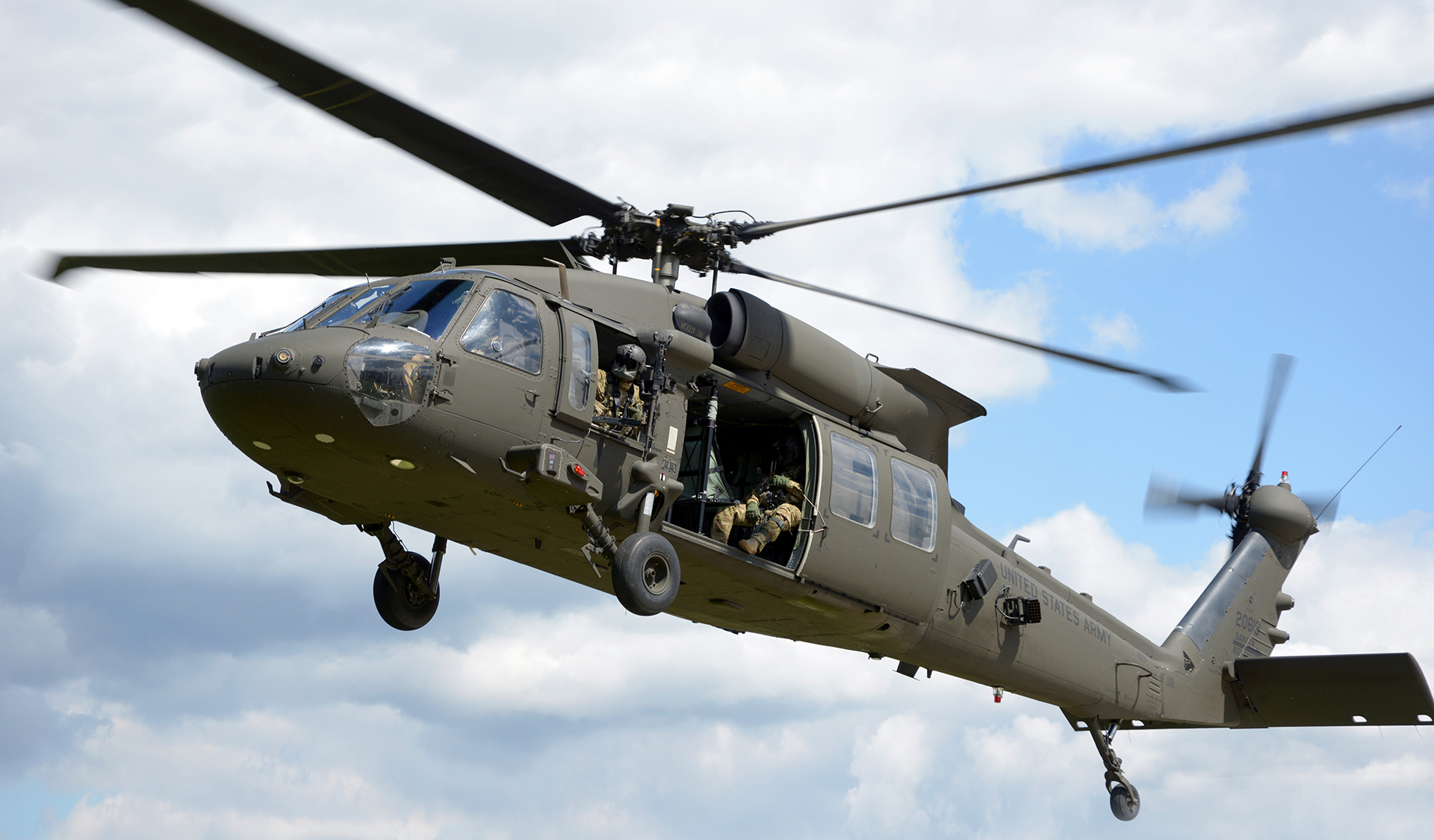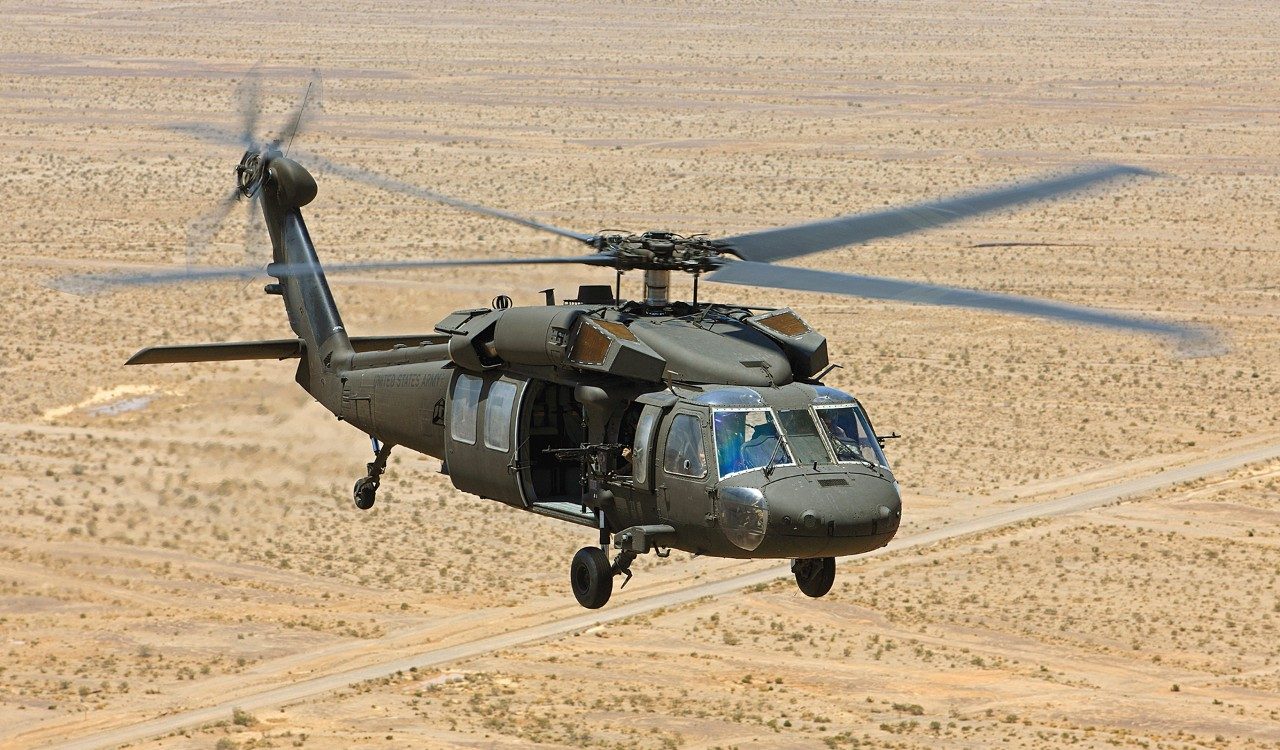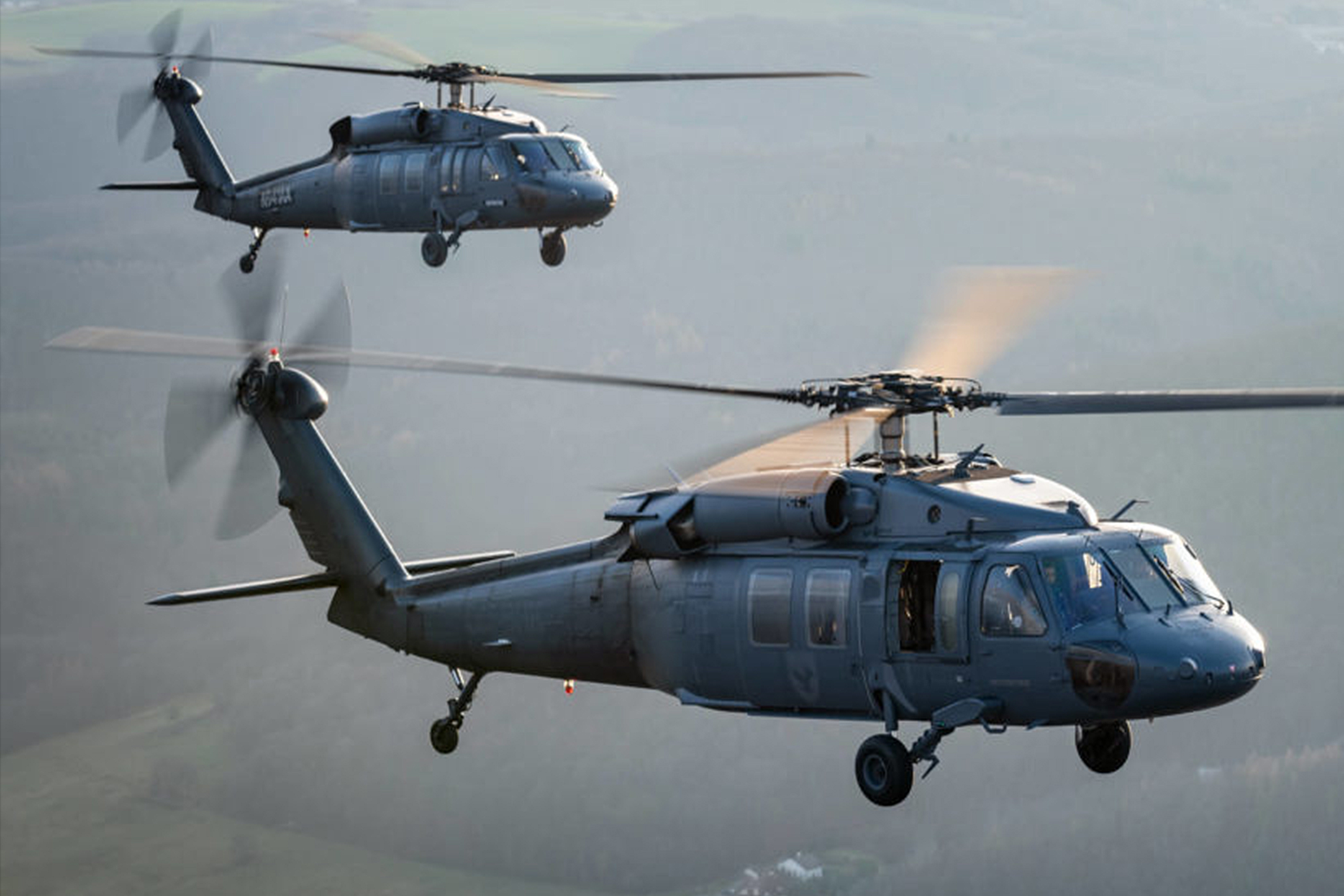The Duty of UH 60 in Modern Armed Force Workflow
The Duty of UH 60 in Modern Armed Force Workflow
Blog Article
The Influence of Sustainable Practices on the Future of Aircraft Procedures and Emissions Decrease
As the air travel sector encounters enhancing analysis over its environmental impact, the fostering of lasting techniques arises as a crucial pathway towards future airplane operations and exhausts reduction. Technologies in sustainable aeronautics fuels and improvements in crossbreed propulsion innovations stand at the leading edge of this change, promising considerable reductions in greenhouse gas emissions.

Review of Sustainable Practices
Lasting techniques in aircraft procedures encompass a series of approaches intended at lowering ecological influence while maintaining operational efficiency. These practices are important in the aviation industry's commitment to minimizing its carbon footprint and sticking to worldwide ecological standards. Key campaigns consist of maximizing flight courses to decrease gas usage, improving maintenance protocols to guarantee aircraft run at peak efficiency, and applying sophisticated modern technologies such as winglets and light-weight products that improve aerodynamics.

Training and engaging personnel on sustainability methods additionally play a vital function, cultivating a culture of ecological duty within companies. Overall, the combination of these sustainable techniques not just helps in reducing exhausts yet also boosts the long-lasting feasibility of the air travel sector, guaranteeing it fulfills the demands of both customers and regulative bodies while adding to worldwide sustainability goals.
Ingenious Gas Alternatives
Numerous cutting-edge gas alternatives are becoming critical solutions to lower the aeronautics market's dependence on typical nonrenewable fuel sources. Amongst these alternatives, Sustainable Aeronautics Gas (SAFs) have gotten substantial interest as a result of their prospective to decrease lifecycle greenhouse gas discharges by as much as 80% contrasted to traditional jet fuels. SAFs are stemmed from different feedstocks, consisting of waste oils, farming deposits, and even algae, making them a versatile option for the industry.
An additional encouraging option is hydrogen fuel, which, when made use of in fuel cells, produces only water vapor as a by-product. Furthermore, electrical propulsion systems are being checked out, leveraging battery innovation to power aircraft.
Lastly, biofuels acquired from biomass are being checked out, using an eco-friendly choice that can be blended with standard gas. Jointly, these innovative gas options represent a crucial step towards accomplishing a sustainable aviation ecological community, aligning with international discharges decrease targets and improving the market's environmental stewardship.
Technological Developments in Air Travel

How can technical improvements improve the future of air travel? The assimilation of innovative modern technologies is critical in changing aircraft procedures, boosting efficiency, and lowering discharges. Technologies such as electric and hybrid propulsion systems are at the leading edge, promising significant decreases in fuel usage and greenhouse gas exhausts. These systems utilize developments in battery innovation and energy monitoring, enabling airplane to run with a lower environmental footprint.
Furthermore, the implementation of innovative products, such as light-weight compounds, adds to improved the rules of aerodynamics and fuel performance. Using expert system and artificial intelligence in flight operations enhances route preparation and decreases gas melt by enabling real-time adjustments based on weather and web traffic problems. Furthermore, the growth of autonomous and from another location piloted aircraft systems stands to revolutionize freight and passenger transportation, his response possibly boosting efficiency while lessening human error.
Moreover, sustainable air travel modern technologies, including innovative air website traffic administration systems, can enhance operations and reduce congestion, bring about reduced emissions during trip. These developments collectively represent a standard change in aviation, assuring a future where sustainability and functional efficiency are intertwined, consequently sustaining the industry's commitment to lowering its environmental impact.

Regulatory Structure and Conformity
In light of the growing emphasis on environmental stewardship within the aviation industry, the regulatory framework regulating aircraft procedures is progressing to advertise sustainable practices. Regulatory bodies, such as the International Civil Aviation Company (ICAO) and numerous nationwide air travel authorities, are introducing rigid guidelines focused on decreasing emissions and enhancing operational performance.
These regulations frequently include the adoption of Lasting Aeronautics Gas (SAF), which has actually been acknowledged as a crucial part in attaining reduced carbon footprints. Moreover, compliance with these laws requires airlines to implement operational methods and advanced innovations, such as maximized flight courses and boosted air website traffic administration, to lessen fuel usage.
Furthermore, the enforcement find out here now of emissions trading systems and carbon balancing out campaigns is coming to be progressively prevalent, engaging airlines to keep an eye on and report their discharges properly. Non-compliance can cause significant penalties, hence pushing drivers to focus on sustainability in their company versions.
Ultimately, the developing regulative landscape not only drives development and investment in green innovations yet also promotes a culture of accountability within the aviation market. As these frameworks continue to develop, the concentrate on sustainable techniques will certainly be essential to attaining the sector's long-term ecological goals.
Future Fads in Airplane Workflow
As the aviation market adapts to a significantly stringent regulative setting, future fads in aircraft operations are readied to concentrate on innovative services that additionally improve sustainability and effectiveness - uh 60. Secret advancements will likely include the fostering of advanced air website traffic monitoring systems, which use real-time data and expert system to optimize flight paths, minimizing fuel intake and emissions
One more considerable fad is the raised combination of sustainable aeronautics fuels (SAFs) These options to traditional jet fuel, acquired from renewable sources, can considerably reduce lifecycle greenhouse gas discharges. The market's commitment to SAFs will likely accelerate as airlines work together with fuel producers to guarantee accessibility and cost-effectiveness.
In addition, the press towards electrification and hybrid propulsion systems is acquiring momentum. Emerging aircraft styles will certainly include these modern technologies, providing quieter and much more reliable operations, particularly for short-haul trips.
Verdict
In verdict, the assimilation of lasting techniques in aircraft operations holds considerable possibility for exhausts decrease and boosted effectiveness. The adoption of sustainable aeronautics fuels, combined with innovations in hybrid and electrical propulsion systems, is necessary for lessening lifecycle greenhouse gas emissions. Enhancing trip courses and accepting innovative technologies contribute to a quieter and a lot more eco friendly air travel sector. Collectively, these efforts align with global sustainability objectives and pave the means for a greener future in air travel.
Advancements in sustainable air travel gas and developments in crossbreed propulsion technologies stand at the leading edge of this transformation, promising considerable decreases in greenhouse gas discharges.Various innovative fuel options are arising as pivotal solutions to reduce the aviation sector's dependence on traditional fossil gas - uh 60. Among these alternatives, try here Sustainable Aeronautics Fuels (SAFs) have obtained considerable focus due to their potential to decrease lifecycle greenhouse gas exhausts by up to 80% compared to traditional jet gas.An additional significant pattern is the boosted assimilation of sustainable aviation gas (SAFs) The adoption of sustainable aviation fuels, coupled with advancements in electrical and hybrid propulsion systems, is crucial for minimizing lifecycle greenhouse gas exhausts
Report this page